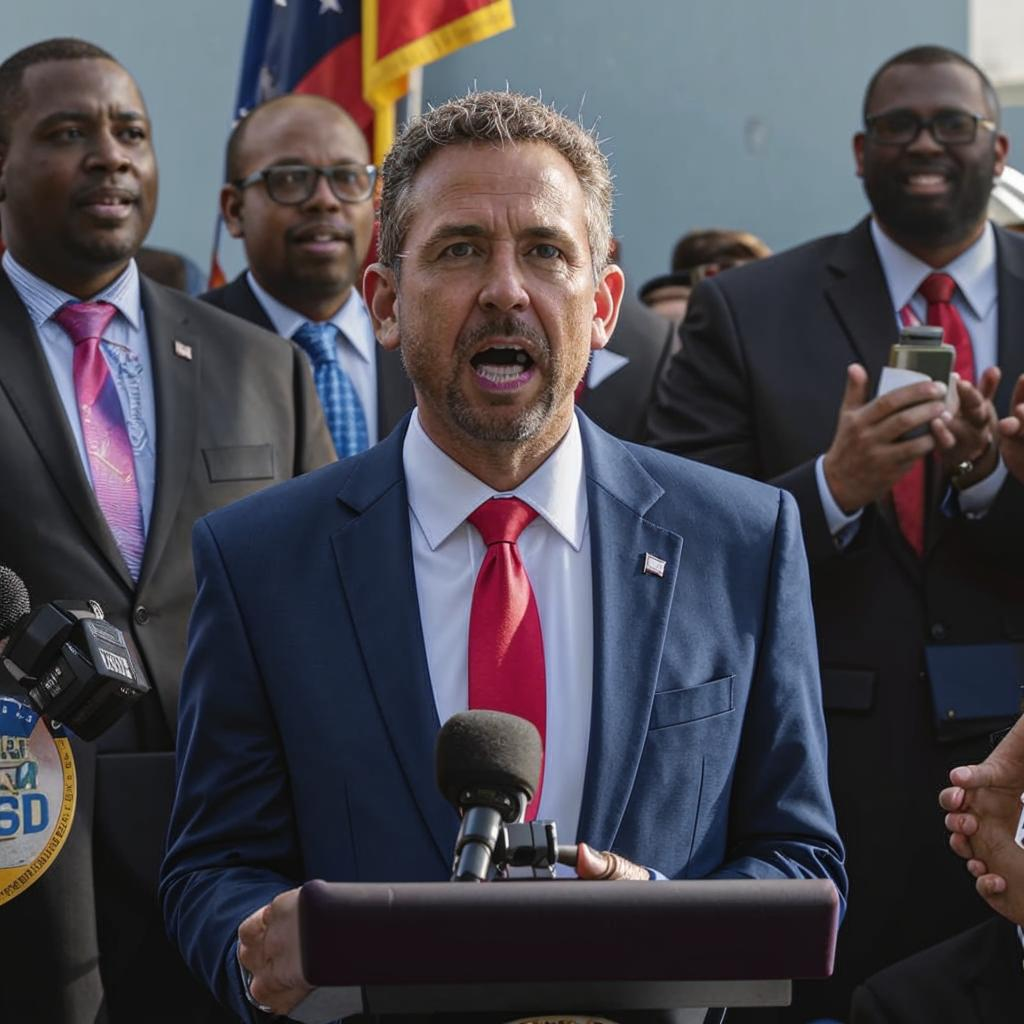The mental well-being of young adults in America is facing a critical challenge. Recent data underscores a concerning trend: a significant rise in anxiety, depression, and feelings of isolation among individuals aged 18-25. Several factors contribute to this crisis. The constant connectivity and curated perfection presented on social media platforms can fuel feelings of inadequacy and social comparison. The pressure to succeed academically and professionally is immense, leading to burnout and stress. Economic uncertainties, including student loan debt and a competitive job market, further exacerbate these anxieties.
Furthermore, access to mental healthcare remains a barrier for many young adults. Stigma surrounding mental illness, lack of insurance coverage, and a shortage of mental health professionals create obstacles to seeking help. The pandemic has also left lasting scars, contributing to heightened anxiety and social disconnection.
Experts emphasize the importance of early intervention and prevention. Open conversations about mental health, accessible and affordable mental healthcare, and strategies for coping with stress are crucial. Promoting healthy social connections, encouraging mindfulness and self-care practices, and addressing the underlying societal pressures can also make a difference. It’s vital that communities, educational institutions, and policymakers prioritize the mental health needs of young adults to foster a generation that is resilient and thriving. Ignoring this crisis will have long-term consequences for both individual well-being and the overall health of society. Support systems, accessible resources, and reducing stigma are key to addressing this growing concern.











